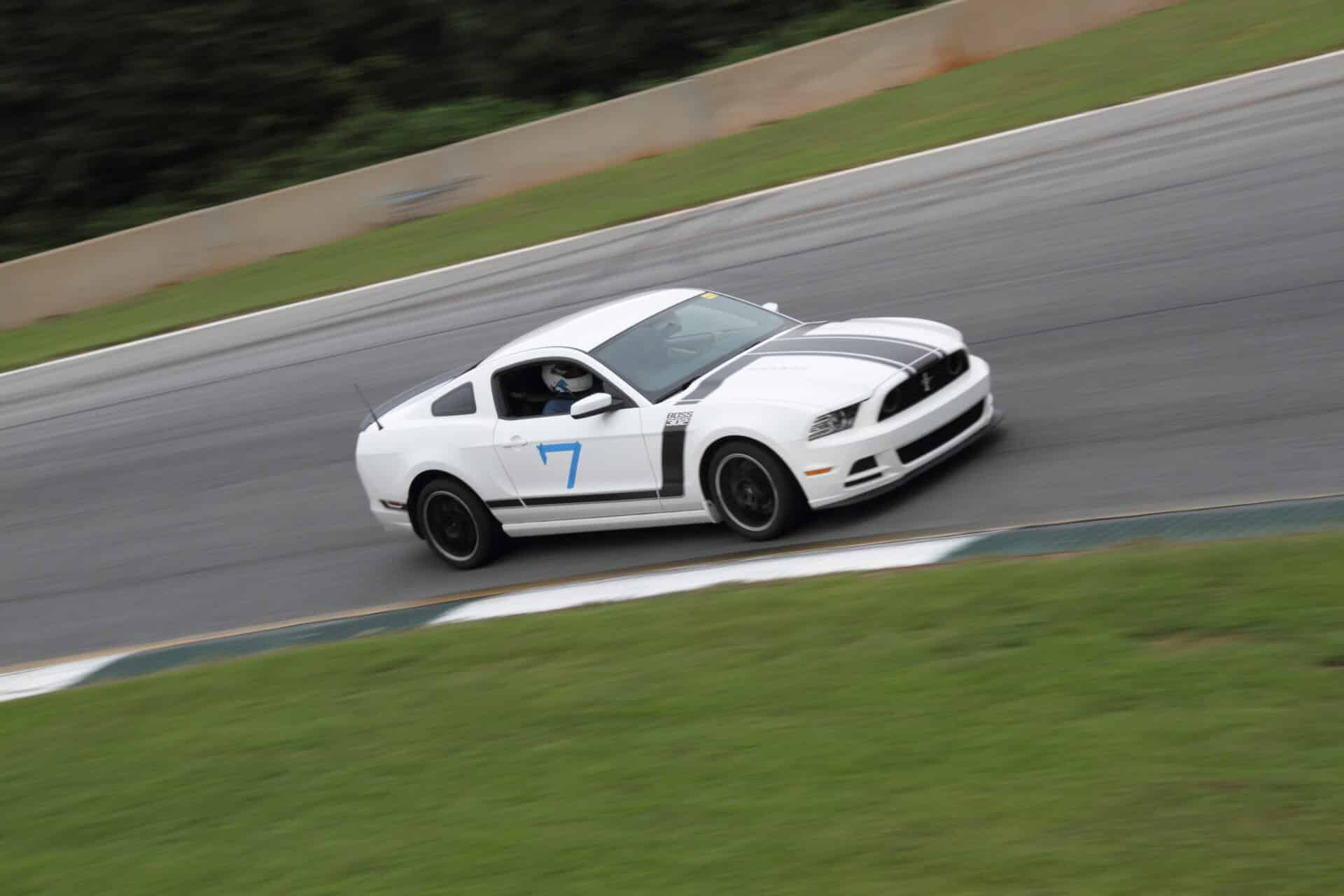Originally posted by Skafrog
I can have fun with red/pinkie, then if something goes wrong, I have the ugly, smelly, vibrating POS to get to work/school, or tackle the snow.
moral of story: my eta smells and will not be a daily driver, just a backup. but i almost had ulcers fearing something would break on my car and I'd be fucked during the weekends. and like 2 weeks before the event, every noise i heard driving made me wonder if it was going to be alright. And after it's through, I'm glad I made it without breaking my car (except that one time the collar nut come off)


Comment